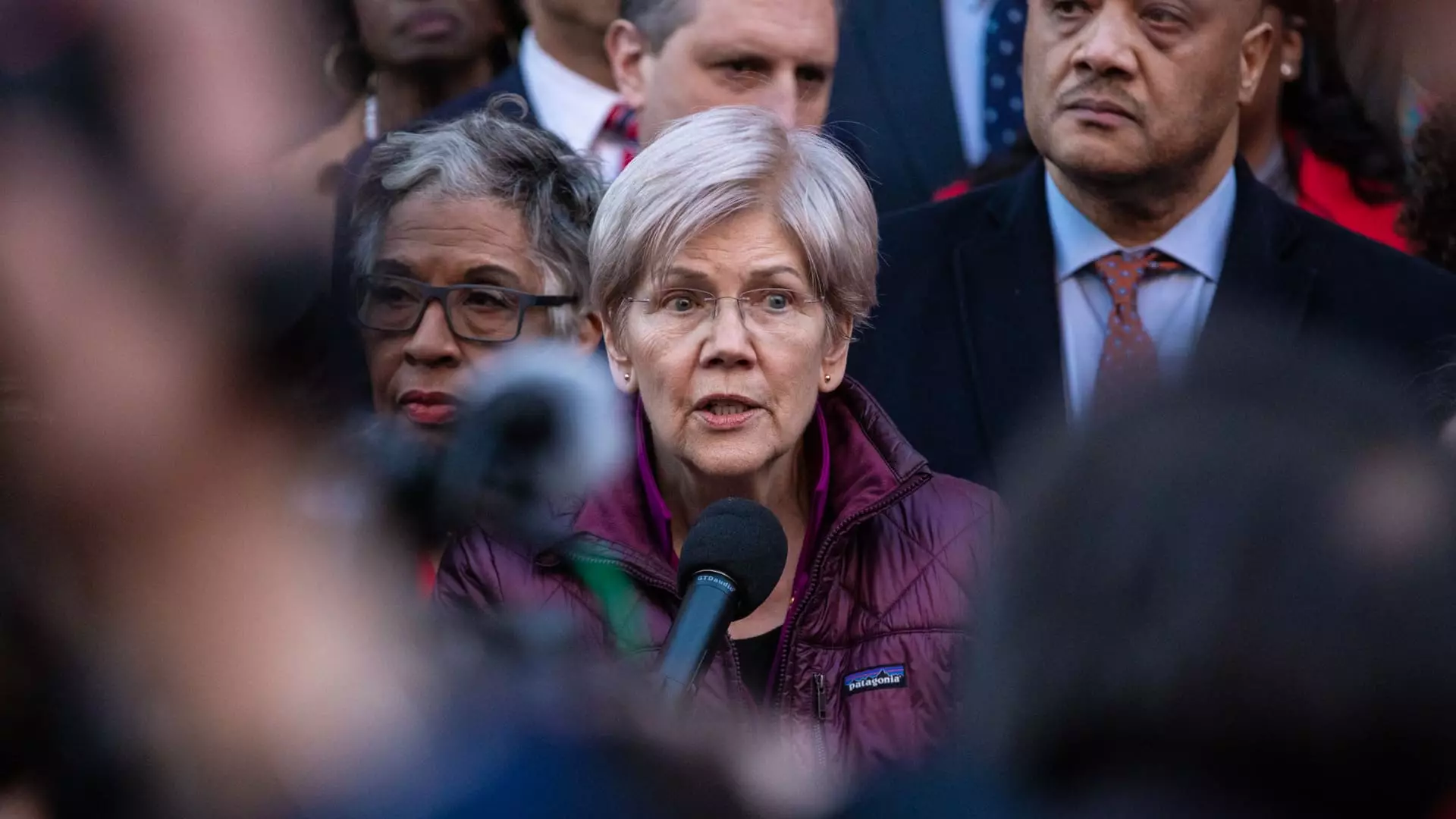In recent months, significant developments have raised alarms regarding the stability of the United States banking system, particularly concerning the Federal Deposit Insurance Corporation (FDIC), an agency crucial for maintaining consumer confidence in the financial infrastructure. At the center of this controversy is a major decision spearheaded by the Trump administration to reduce the FDIC’s workforce, which has sparked a range of reactions from lawmakers and financial experts alike. This article will delve into the implications of these layoffs, the responses from various stakeholders, and the overarching concern about the potential risks to financial stability.
Under an initiative designed to streamline federal operations, the FDIC has seen its employee count dwindle significantly throughout 2023. Reports indicate that approximately 1,000 staff members have been laid off or encouraged to take early retirement through buyout offers. This strategic move, championed by high-profile figures, including Elon Musk and his advisory body known as the Department of Government Efficiency, has raised serious questions regarding the efficacy and long-term consequences of staffing reductions at a crucial regulatory body.
Senator Elizabeth Warren’s concern reflects a broader consensus: an understaffed FDIC presents a threat to the overall health of America’s banking system. In her communication to the FDIC Inspector General, Jennifer Fain, she articulated the potential dangers posed by this downsizing strategy, which could undermine the agency’s ability to maintain rigorous financial oversight.
Warren’s criticism of the mass layoffs received significant support from fellow senators, including Raphael Warnock, Chris Van Hollen, and Lisa Blunt Rochester, who co-signed her letter. Their argument hinges on the premise that a reduction in workforce risks not only the job responsibilities of FDIC employees but also the very stability of the banking institutions they oversee. Citing a glaring example, the senators highlighted the failure of Signature Bank in March 2023, claiming that understaffed FDIC offices contributed to supervisory lapses, ultimately costing depositors and undermining public trust.
The senators’ position echoes a pivotal lesson in regulatory oversight: a lack of sufficient resources can hinder timely scrutiny and intervention. In complex financial markets, adequate supervision acts as a preventive measure against potential failures, signaling the urgent need for a critical reassessment of workforce adequacy within the FDIC.
In response to the senators’ concerns, Inspector General Jennifer Fain provided reassurance that an examination of the impact of the staffing cuts is underway. In her response, she acknowledged the challenges presented by the ongoing hiring freeze, stating that the complete ramifications of these measures on the FDIC’s mission and structural integrity are yet to be fully understood.
While this acknowledgment is a step in the right direction, it raises further questions: How long will it take to ascertain the effects of these layoffs? Can the FDIC adapt its oversight practices promptly enough to prevent further systemic risks? The answers to these queries will be essential in determining whether the agency can sustain its foundational role in securing depositors’ interests in a rapidly evolving financial landscape.
The ramifications of reduced workforce capacity at the FDIC extend beyond mere operational inefficiencies. The agency’s capability to assure public confidence in the banking sector hangs in the balance—an aspect that cannot be overstated, given the cascading effects of a banking failure on the economy. Historical contexts, including the 2008 financial crisis and its learning outcomes, reinforce the necessity of having sufficient regulatory oversight to maintain safe banking practices.
Moreover, the financial market’s sensitivity to perceptions of stability demands that regulatory bodies like the FDIC remain robust and proactive. As automated technologies and innovative financial products proliferate, effective human oversight becomes even more critical in mitigating emerging risks and safeguarding the health of the Deposit Insurance Fund, a vital safety net for American savers.
The ongoing dialogue surrounding the FDIC’s workforce reductions raises substantial concerns about the future of financial oversight in the U.S. These recent layoffs warrant careful examination, not only for their immediate effects on the agency but also for the broader implications for banking stability and consumer trust. As stakeholders call for a comprehensive review of the situation, it is clear that the lessons learned must guide future actions to foster a resilient and effective regulatory environment. The stakes could not be higher—ensuring the safety and soundness of the nation’s banking system requires unwavering diligence, adequate resources, and prioritizing the well-being of consumers above all.

Leave a Reply